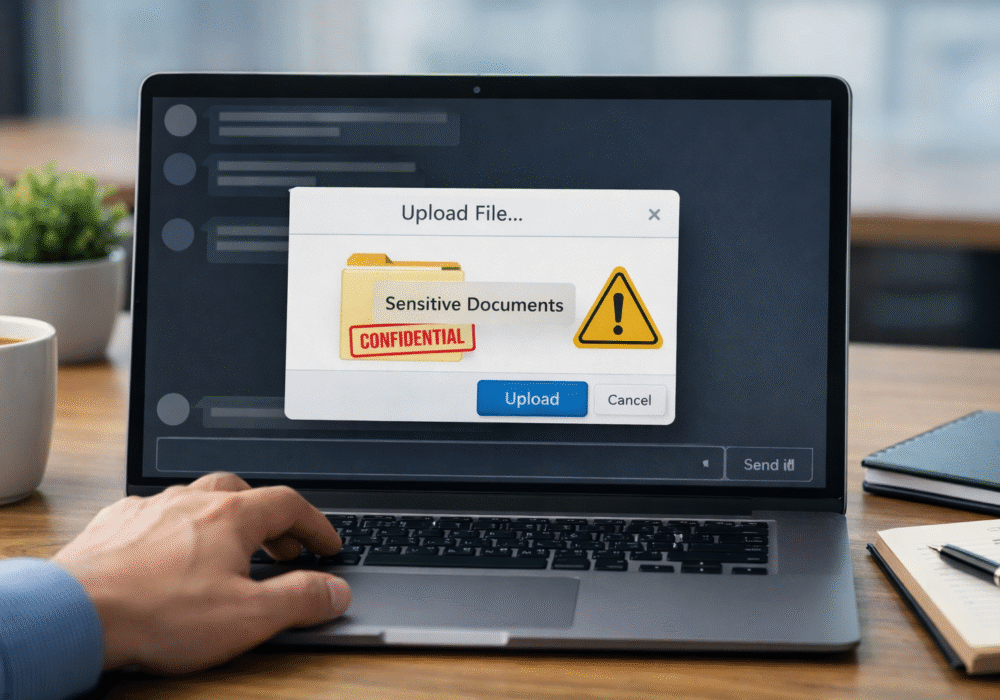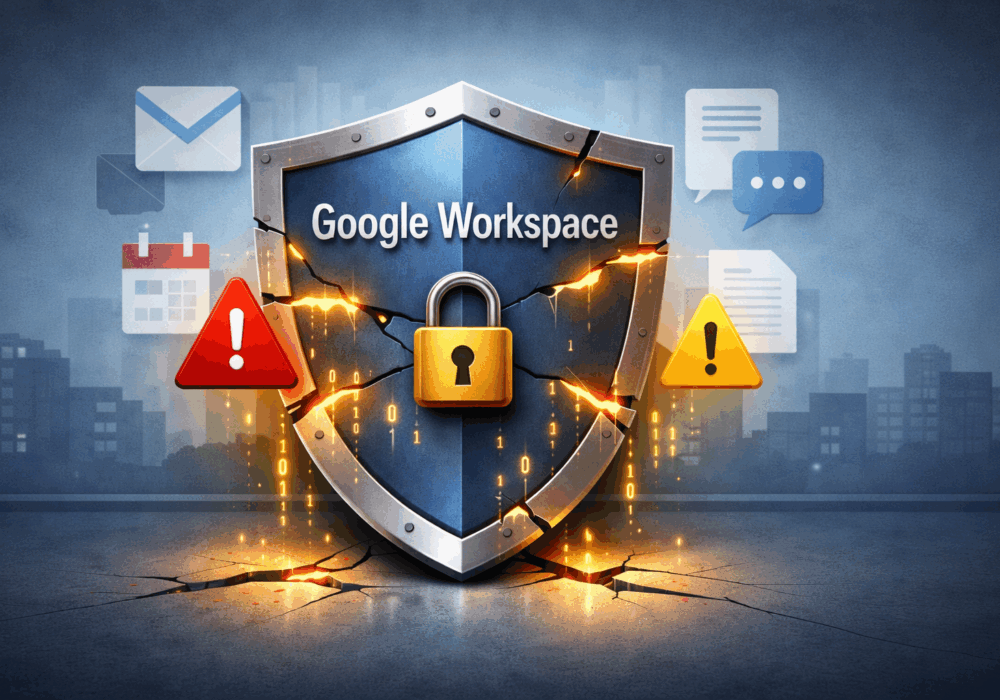
An incident is an occurrence that actually or potentially results in adverse consequences to (adverse effects on) (poses a threat to) an information system or the information that the system processes, stores, or transmits and that may require a response action to mitigate the consequences. An incident is an occurrence that constitutes a violation or imminent threat of violation of security policies, security procedures, or acceptable use policies.
Your business needs to take proactive measures today to first reduce its chances of being hit by ransomware, phishing, or other cybersecurity attacks. Secondly, validate backups and disaster recovery plans are current and functioning in case you end up hit with ransomware. CyberHoot recommends the following best practices to avoid, prepare for, and prevent damage from these attacks:
Start building your robust, defense-in-depth cybersecurity plan at CyberHoot.
Related Term: Event, Incident Management, Incident Response, Incident Response Plan
Source: CNSSI 4009, FIPS 200, NIST SP 800-53 Rev 4, ISSG
Discover and share the latest cybersecurity trends, tips and best practices – alongside new threats to watch out for.

Cyberattacks usually start with phishing emails or weak passwords. This one did not. Security researchers...
Read more
Not surprising when Trouble Ensues Last summer, the interim head of a major U.S. cybersecurity agency uploaded...
Read more
And How to Fix Them Let me make an educated guess. You moved to Google Workspace because it was supposed to...
Read moreGet sharper eyes on human risks, with the positive approach that beats traditional phish testing.
